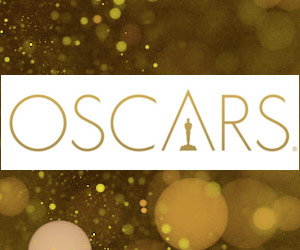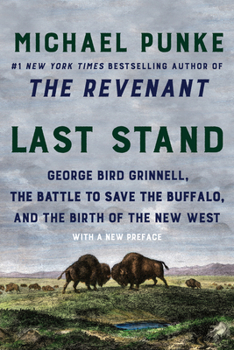Last Stand: George Bird Grinnell, the Battle to Save the Buffalo, and the Birth of the New West
Select Format
Select Condition 
Book Overview
The dramatic history of the extermination and resurrection of the American buffalo, by #1 bestselling author of The Revenant
Michael Punke's The Last Stand tells the epic story of the American West through the lens of the American bison and the man who saved these icons of the Western landscape.
Over the last three decades of the nineteenth century, an American buffalo herd once numbering 30 million animals was reduced to twelve. It was the era of Manifest Destiny, a Gilded Age that treated the West as nothing more than a treasure chest of resources to be dug up or shot down. The buffalo in this world was a commodity, hounded by legions of swashbucklers and unemployed veterans seeking to make their fortunes. Supporting these hide hunters, even buying their ammunition, was the U.S. Army, which considered the eradication of the buffalo essential to victory in its ongoing war on Native Americans.
Into that maelstrom rode young George Bird Grinnell. A scientist and a journalist, a hunter and a conservationist, Grinnell would lead the battle to save the buffalo from extinction. Fighting in the pages of magazines, in Washington's halls of power, and in the frozen valleys of Yellowstone, Grinnell and his allies sought to preserve an icon from the grinding appetite of Robber Baron America.
Grinnell shared his adventures with some of the greatest and most infamous characters of the American West--from John James Audubon and Buffalo Bill to George Armstrong Custer and Theodore Roosevelt (Grinnell's friend and ally). A strikingly contemporary story, the saga of Grinnell and the buffalo was the first national battle over the environment.
Last Stand is the story of the death of the old West and the birth of the new as well as an examination of how the West was really won--through the birth of the conservation movement. It is also the definitive history of the American buffalo, written by a master storyteller of the West.
Last Stand: George Bird Grinnell, the Battle to Save the Buffalo, and the Birth of the New West Mentions in Our Blog

This year the Academy Awards have plundered the library for extraordinary source material. The film makers have found writers who have been practicing their craft for years, plucked real gems out of their bodies of work, and are debuting one first time novelist.













